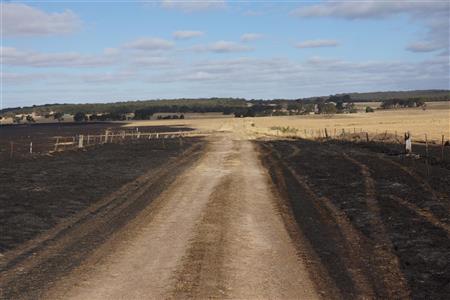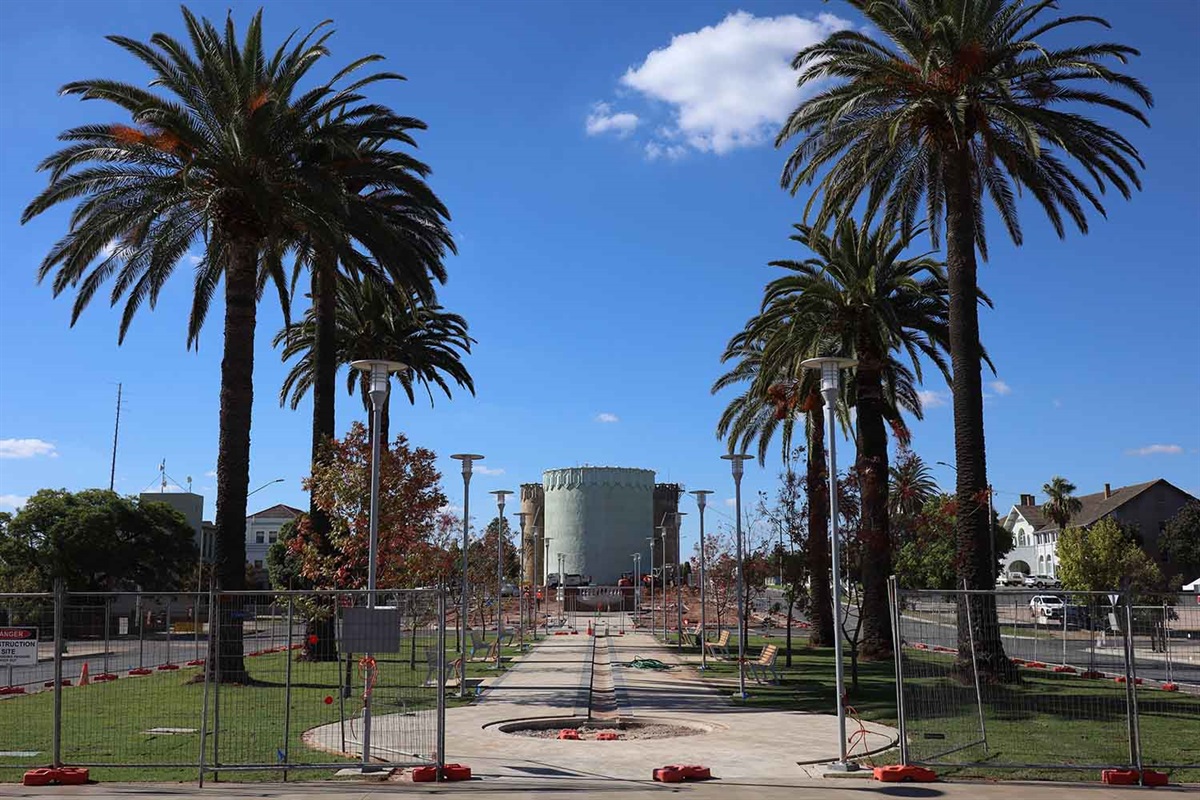 Following the announcement by South Australian Minister for Education, John Gardner, that the State’s schools will transition to online teaching from next term, education experts at the University of South Australia have confirmed they will be offering assistance and support for the teaching profession throughout the transition.
Following the announcement by South Australian Minister for Education, John Gardner, that the State’s schools will transition to online teaching from next term, education experts at the University of South Australia have confirmed they will be offering assistance and support for the teaching profession throughout the transition.
UniSA’s Head of School: Education, Professor Shane Dawson, believes this will be a challenging period for teachers, students and parents alike, but says the broad ambition of delivering an online curriculum for the vast majority of the State’s school students is achievable.
“The educational technology already in place is sufficient to support this transition,” Prof Dawson says.
“There are many platforms and tools available that can support teachers in creating learning activities, questions, quizzes and interactive elements that children and parents can work through.
“The difficulty, though, is that the younger the children, the more supervision they require when doing online lessons. Schools, teachers and families are going to have to work together to develop the right structure for educating children while respecting that many parents will need to be working from home at the same time.”
Prof Dawson says the human dimensions of the transition pose the biggest challenges, and he emphasises that all stakeholders, from government, to schools, to families, will need to be patient and supportive throughout the process.
“My thoughts at the moment are with the teaching profession, who have taken on a huge amount to try to transition to an online environment within a short period of time, especially in primary school and early years education, where there is a strong face-to-face interactive element and the development of social skills is paramount,” Prof Dawson says.
“The community at large is going to need a lot of patience and an understanding that everyone’s trying to do the best they can in a situation that is changing every single day.”
To assist in this difficult transition, UniSA will be making its extensive expertise in online education available to the staff of all South Australian schools over the coming weeks.
“While we still need to sort out the specific details of support schools and teachers need, UniSA has a lot of expertise in this area, and we will be reaching out to Government, Catholic and independent schools, just letting them know that we’re here and available over the coming weeks to support them in every way we can,” Prof Dawson says.
“In many ways, we have already started this process, as UniSA’s Professor George Siemens, Director of the Centre for Change and Complexity in Learning, has this week been running a MOOC (massive open online course) on transitioning to online education, in partnership with the University of Texas at Arlington, and Wisconsin University. We will aim to transition some of those materials over and see where they fit for some of our teaching colleagues locally as well.”
Prof Dawson’s colleague, Associate Professor Debbie Price, adds that throughout this transition, UniSA is committed to helping schools develop online models that recognise and respond to both the educational and social dimensions of the teaching process.
“A key priority around the development of online learning is supporting young people’s wellbeing and their need for connectedness and socialisation,” Assoc Prof Price says.
“Online learning offers opportunities to think innovatively and creatively about how to facilitate such environments for promoting both wellbeing and learning, and, given their technological skills, there may be opportunities for our pre-service teachers to support designing such creative approaches.”
While Assoc Prof Price, Prof Dawson and their colleagues believe that, by working together, schools, Government and the wider community can negotiate a satisfactory online learning environment for SA students, they also warn even the best outcome will have some shortfalls, and schools, teachers and families will need to make some added educational accommodations to best support our children.
“The delivery system might be up for the job, but not everyone will have equal access to the technology,” he says.
“There are areas around the State where connectivity is unreliable and slow; there are households that may not have computers, or may have more students than computers; and, given we are also facing the potential of widespread jobs losses, there may be many families that will no longer be able to afford the luxury of internet connection.
“All of these factors are going to come into play, so in addition to the major delivery platform, we’re going to need to look at a lot of different scenarios on a case-by-case basis to ensure schools and teaching staff are able to cater to individuals for an uncertain period of time working remotely.”







